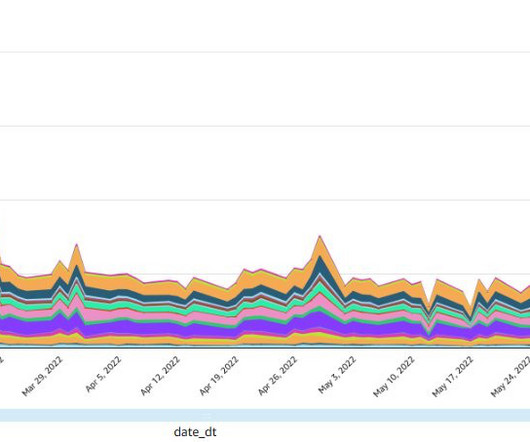Can Data-Driven Accounts Receivable Management Strengthen Client Relationships?
Smart Data Collective
JANUARY 6, 2021
Big data is central to financial management. The market for financial data analytics is expected to reach $10 billion by 2025. One of the biggest uses of big data in finance relates to accounts receivable management. Fortunately, new advances in data technology have made accounts receivable management easier than ever.














Let's personalize your content